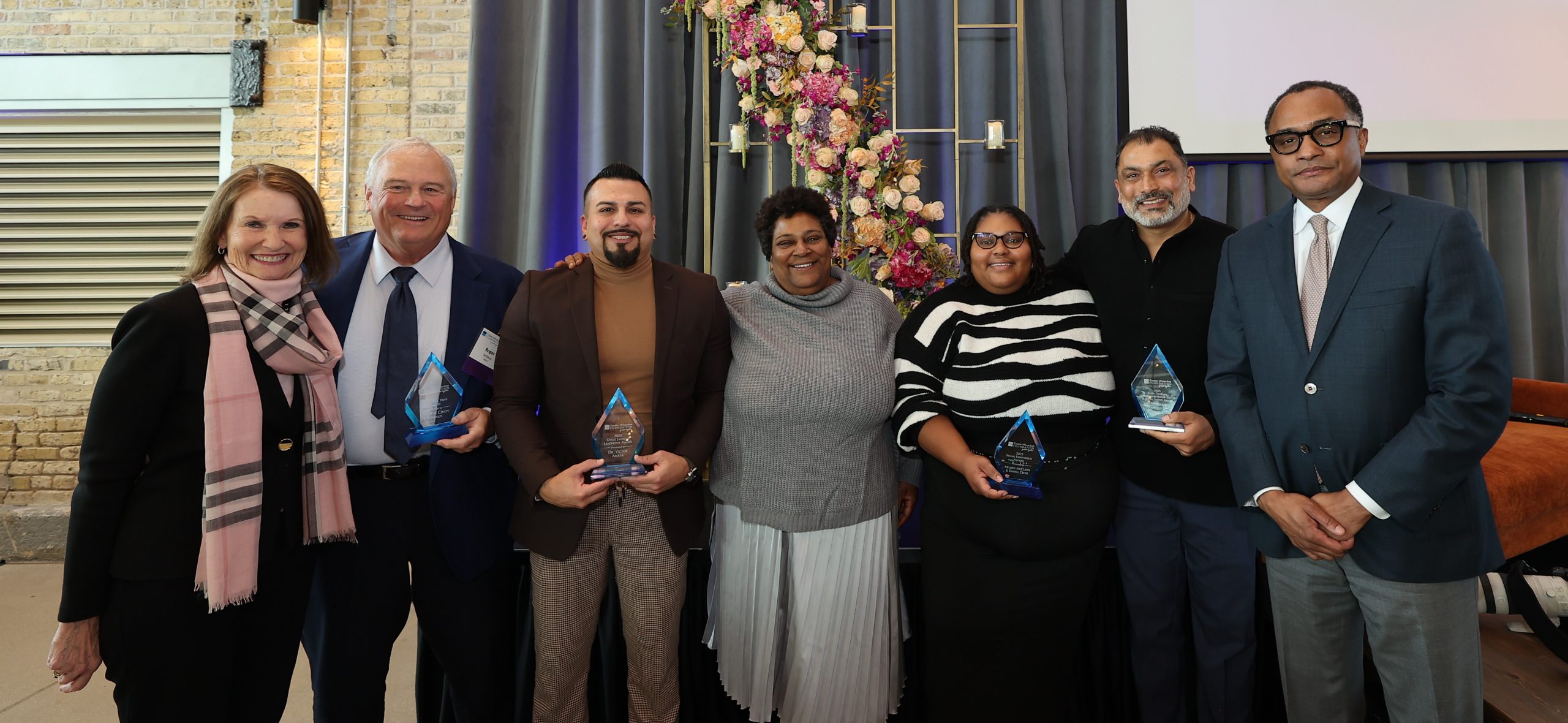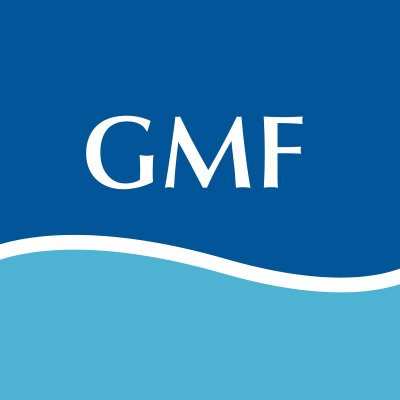First-ever comprehensive study of Latino Milwaukee shows community’s impact on region
Latino community study shows growth, opportunity, disparity
Milwaukee, Wis., May 5, 2016 – The population of Milwaukee would be shrinking if not for the growth of the Latino population, while Latino workers have accounted for all net growth in employment in the four-county area during the last 25 years. A new study commissioned by the Greater Milwaukee Foundation offers an unprecedented look at conditions in the Latino community and the trends that continue to shape the region.
Among the many insights found in Latino Milwaukee: A Statistical Portrait:
- Metro Milwaukee’s Latino population increased by more than 213 percent between 1990 and 2014.
- Nearly 73 percent of Latinos in the Milwaukee region are U.S.-born citizens, a higher proportion than in most other large metropolitan areas.
- The number of Hispanic-owned businesses in the region grew by more than 82 percent to nearly 4,200 in a five-year span from 2007-2012. The rate of ownership in metro Milwaukee, however, remained the lowest of the 50 largest U.S. metro areas throughout that period.
- Metro Milwaukee is experiencing one of the widest “cultural generation gaps” in the country. Latinos constitute 15.4 percent of the under-18 population but only 2.7 percent of the over-65 demographic. By contrast, white non-Hispanic residents make up 86.7 percent of the over-65 population but only 54.1 percent of the under 18 population.
- More than 27 percent of all Latinos in the region live in neighborhoods of concentrated poverty (where 40 percent or more of the population is poor). This measure is highly correlated with residential segregation, which is illustrated by data showing that an affluent Latino household making more than $100,000 a year is more likely to live in a concentrated poverty neighborhood than a poor, white non-Hispanic household earning less than $10,000 annually.
- Growth in the number of Latino schoolchildren in the metro area accounts for all of the net growth in K-12 enrollment in the region. At the same time, metro Milwaukee Latino students, to a greater extent than Latino students in any of the 50 largest metro areas, attend private schools.
“The findings in this report underscore the significant role the Latino community will play in the future of our region,” said Marcus White, Vice President of Civic Engagement for the Greater Milwaukee Foundation. “The data reveals disparities but also opportunities. Though it doesn’t explain why certain trends are occurring, the information provides us with important questions to explore together with our community partners.”
Latino Milwaukee: A Statistical Portrait was developed for the Foundation by the University of Wisconsin-Milwaukee Center for Economic Development. The study provides comprehensive data examining how Latino Milwaukee has changed through the years, how the Latino community compares to other groups in metro Milwaukee, and how conditions for Latinos in this region compare to those in the 50 largest metropolitan areas in the United States.
“The rapid growth of Milwaukee’s Latino community over the past 25 years has profoundly reshaped the region’s neighborhoods, schools, and economy,” said lead author Marc V. Levine, professor of history, economic development, and urban studies and director of the UWM Center for Economic Development. “This study, based on detailed comparative and longitudinal data, offers the first in-depth analysis of social and economic conditions in Latino Milwaukee. We hope the study will permit greater understanding, among Milwaukee policymakers and residents alike, on the nature of the remarkable demographic and economic transformation underway here, and inform discussion about the implications of these trends for the future of the city and the region.”
Latino Milwaukee: A Statistical Portrait examines indicators pertaining to demographics; income, poverty, housing and social assistance; employment and earnings; business ownership; health and health care; education and schooling; incarceration; and politics.
The full study is available at greatermilwaukeefoundation.org/latino-community-study.
A highlights document is also available upon request.
About the UWM Center for Economic Development
The University of Wisconsin-Milwaukee Center for Economic Development is a central part of UWM’s mission to provide university-based research and technical expertise to improve the quality of life in the Greater Milwaukee region. The Center draws upon the talents and expertise of faculty, students, and staff at UWM to conduct and publish research on social and economic trends and policies; provide technical assistance to governments, non-profits, businesses, and community-based organizations promoting economic growth and job creation, especially in disadvantaged neighborhoods; and inform public debate on economic development challenges and strategies. Established in 1990, the Center has worked with hundreds of community partners and published scores of widely cited and influential studies.
About the Greater Milwaukee Foundation
For more than a century, the Greater Milwaukee Foundation has helped individuals, families and organizations realize their philanthropic goals and make a difference in the community, during their lifetimes and for future generations. The Foundation consists of more than 1,200 individual charitable funds, each created by donors to serve the charitable causes of their choice. The Foundation also deploys both human and financial resources to address the most critical needs of the community and ensure the vitality of the region. Established in 1915, the Foundation was one of the first community foundations in the world and is now among the largest.
greatermilwaukeefoundation.org | @GrMKEFdn | facebook.com/GreaterMilwaukeeFoundation
NOTE: This press release was submitted to Urban Milwaukee and was not written by an Urban Milwaukee writer. While it is believed to be reliable, Urban Milwaukee does not guarantee its accuracy or completeness.
Mentioned in This Press Release
Recent Press Releases by Greater Milwaukee Foundation
Otto Bremer Trust again selects Greater Milwaukee Foundation as philanthropic partner for Community Responsive Fund
Mar 5th, 2025 by Greater Milwaukee FoundationFoundation to distribute $3 million in grants to local nonprofits; application opens March 17
Small grants program celebrates 10 years of big impact
Dec 2nd, 2024 by Greater Milwaukee FoundationLocal foundations collaborate to support resident-led projects























